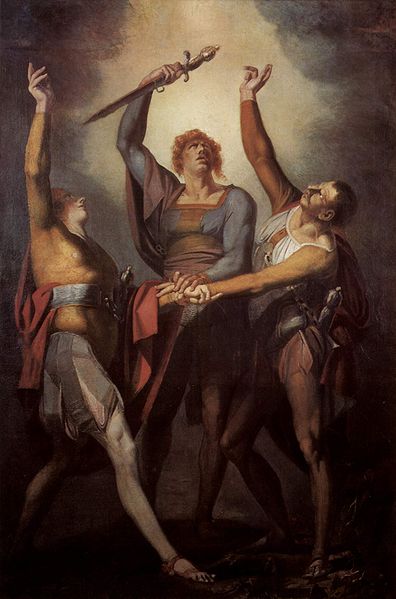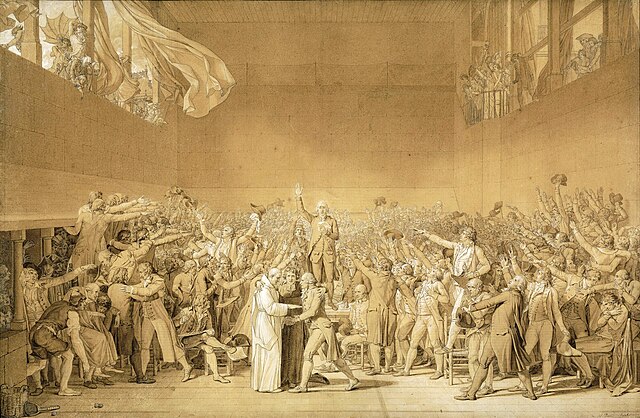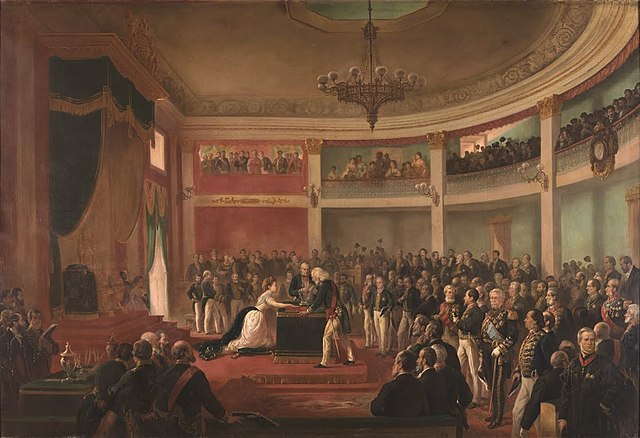An affidavit is a written statement voluntarily made by an affiant or deponent under an oath or affirmation which is administered by a person who is authorized to do so by law. Such a statement is witnessed as to the authenticity of the affiant's signature by a taker of oaths, such as a notary public or commissioner of oaths. An affidavit is a type of verified statement or showing, or in other words, it contains a verification, which means that it is made under oath on penalty of perjury, and this serves as evidence for its veracity and is required in court proceedings.
Vasil Levski's affidavit, 16 June 1872, Bucharest, Romania
Affidavit signed by Harriet Tubman
Traditionally an oath is either a statement of fact or a promise taken by a sacrality as a sign of verity. A common legal substitute for those who conscientiously object to making sacred oaths is to give an affirmation instead. Nowadays, even when there is no notion of sanctity involved, certain promises said out loud in ceremonial or juridical purpose are referred to as oaths. "To swear" is a verb used to describe the taking of an oath, to making a solemn vow.
Depiction of the legendary Swiss Rütli Oath taken by the representatives of the three founding cantons, declaring unity and freedom in eternal alliance
"Tennis Court Oath" by Jacques-Louis David.
The oath of the provisional triumviral regents of the Empire of Brazil in the Imperial Chapel in 1831, during a period known as the Período regencial.
Isabel, Princess Imperial takes oath as regent of the Empire of Brazil before the Imperial Senate, c. 1870.






